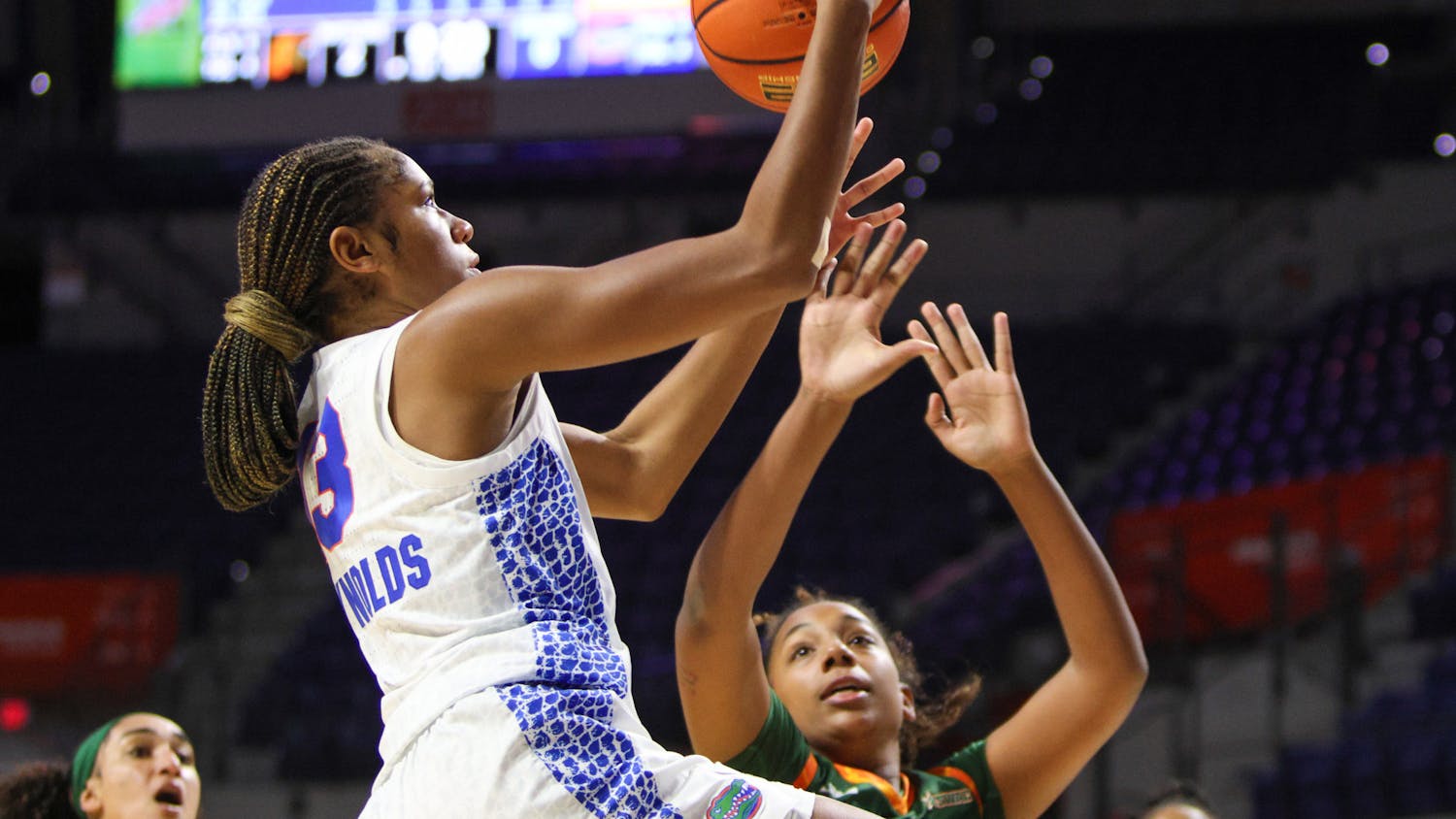I don't know about you, but spending a semester abroad is something I've been thinking about doing since arriving at UF.
It's such an appealing option for students because studying in a far-away country is like embarking on a really long vacation that just happens to get you college credit.
Every time I strike up conversation about study-abroad opportunities with my family, I usually get the same response: My parents suggest places I should spend a semester so it will give them an excuse to visit, and my little brother recites the same joke - and I use the term joke in the loosest way possible.
It goes something like this: "So, uh, I think I wanna study abroad when I get to college, too. I just don't know what her name is yet."
Baa-dum-tchhh.
I know, hilarious.
But anyway, in preparation for my study-abroad excursion, I opted to live with an international student this year in order to form friendships with overseas students and become more culturally inclined.
My roommate is from England, so I thought it wouldn't be too different from having an American roommate because of two very important factors: We both speak English, and we both love Harry Potter.
It just so happens that our cultures aren't completely alike, but we enjoy spending time comparing and contrasting.
Often, my English roommate, her English friends and I sit around for hours and play a heart-thumping, jaw-dropping, riveting game of "What's It Called?" The premise is quite simple: Say a word, and then name all the possible cultural variations of that same word.
This game can become quite lengthy, even rivaling epic Monopoly sessions. Some terms, though, like "creeping Jesus," have no cultural equivalent, while others could spark a lengthy list. For example, "fries" to us are those wonderfully golden strips of greasy potato that we technically shouldn't eat, because they are what doctors and fitness gurus deem "unhealthful" and possibly deadly.
To the English, "fries" are called "chips," and "chips" are called "crisps" except, under certain circumstances, "chips" are actually "chips" and not "crisps" - but we'll ignore that for now. It's too advanced.
Speaking of chips, my new English friends are constantly shaking their heads in shame at America's unaddressed national crisis known as the Fish-and-Chips Situation.
They do not believe in fish fingers or fast-food fish because "Fish does not belong in a drive-thru and should be served with real crisps, not soggy fries." I agree wholeheartedly, and we should really do something about this grave situation.
Speaking of drive-thrus, my English friends have also pointed out just how many fast-food joints we have in America - one for nearly every letter of the alphabet. That struck me as kind of sick and twisted, until I remembered that the alternatives to fast food are either going to a sit-down restaurant, where you have to wait for food, or cooking.
So the moral of this story is, if you want to study abroad, it would be a good idea to live with international students. And if you don't want to study abroad, that's OK, as long as you at least visit a country where they sell fish and chips that don't come from a drive-thru.
Colleen Shea is a sophomore majoring in journalism. Her column appears on Fridays.





